In November 2012, Call of Duty: Black Ops II was released. Fans waited in line forming queues that lasted days, not hours, to be the first to see it. Premieres were held around the world, with star-studded red carpets, masses of paparazzi and screaming fans.
Billboards went up in every major city in the world and TV commercials played almost nonstop – most notably during the Super Bowl’s much-coveted half-time advert spot. But Black Ops II was not a Hollywood motion picture - it was a video game.
Just five days after it hit store shelves, the publishers of the Call of Duty franchise had raked in over US$650 million (2.3 billion AED) in global sales. Ten days later, it had made over US$1 billion. To put that in perspective, the previous year’s fastest-selling film, Harry Potter and the Deathly Hallows Part 2 made just US$169 million in ticket sales over its first weekend.
Related:
Hollywood stars reveal their inner most secrets
Fear and loathing at the Cannes Film Festival
Martin Scorsese: the most influential director of a generation
Over the past two decades, the video games business has gone from what amounts to a few pimple-faced geeks playing Super Mario to the fastest growing industry in the world. It now dwarfs shrinking music sales and for the first time ever last year, sales of videogames topped US$40 billion – almost double that of the cinema box office over the same period.
Top tier or ‘Triple A’ games have budgets to rival those of the biggest blockbusters. It’s rumoured that recent first-person shooter Bioshock Infinite cost more than US$200 million to make. They have marketing campaigns that feature helicopters soaring over London, and jetpack-wearing Spartan warriors flying through New York’s Times Square.
The developers of Black Ops II and Halo 3, the previous titleholder of world’s most profitable entertainment launch, poached Hollywood’s top talent to help give their games mainstream status; everyone from directors and scriptwriters to effects artists and even whole orchestras.
Not even the celebrities are safe. The live action commercial for Black Ops II was directed by Guy Ritchie and stars Robert Downey Jr. and Usain Bolt. The game itself was written by the man behind Batman Begins and The Dark Knight Rises, David Goyer.
Developers are no strangers to employing well-known actors for their voices; Liam Neeson, Kiefer Sutherland and Bill Murray have all appeared in video games. But one of last year’s biggest titles Beyond: Two Souls went one better, with its very own motion-captured actors. Academy Award nominee Ellen Page of Juno and Inception fame plays the game’s leading lady, Jodie, alongside Academy Award-winning Willem Dafoe.
Asked about the process of casting an actor for a video game, writer and director David Cage explains, “I try to tell stories with strong characters, triggering complex and subtle emotions and the vehicles for emotions, these are the actors, so we need to find not only the right voice or the right face, we need to find the right presence.”
Directors are being seduced by gaming, too. While actors regularly moonlight as voice actors, Steven Spielberg, Peter Jackson and George Lucas have all directed games. When EA announced Spielberg’s Boom Blox puzzle game, it claimed that it was one of the E.T. director’s life ambitions to produce a game, after becoming obsessed with Space Invaders as a child.
George Lucas has been making games since the success of the Star Wars franchise, with his production company LucasArts. He thinks the future lies not with shooters like Call of Duty, but something more emotional.
“The big game of the next five years will be a game where you empathize very strongly with the characters and it’s aimed at women and girls,” said Lucas at last month’s E3 games conference in Los Angeles. “That will be a huge hit and as a result that will be the ‘Titanic’ of the game industry, where suddenly you’ve done an actual love story or something and everybody will be like ‘where did that come from?’ Because you’ve got actual relationships instead of shooting people.”
So who is playing all these games? According to the Entertainment Software Association the average age of the American gamer is 37 and a whopping 42 per cent of those are female. These days 72 per cent of homes play games, and even the over 50s are getting in on the action – up to 30 per cent.
Some demographics are easy to explain, the first-generation of video game players who cut their teeth playing Super Mario Bros. and Street Fighter in their living room, have now grown up. It makes sense for them to continue the gaming mantle, bringing up their own children to value playing games.
But it’s the rise of social and casual gaming that has been key to gaming’s dominance over the past few years, and something that’s hard for Hollywood or the music industry to replicate.
Targeting groups that would never admit to calling themselves gamers, like women and middle-aged commuters waiting for the bus, has led to a boom for casual games like Angry Birds, which has been downloaded more than a billion times – enough for one in seven of the Earth’s population to play it. In comparison, the best-selling album of all time, Michael Jackson’s Thriller, sold only 130 million copies.
Commenting on the success of Angry Birds at the Web 2.0 summit, Rovio Entertainment’s Andrew Stalbow says the key is, “everyone plays it. It’s the one game that my five year old son plays with his grandfather.” And it’s not just for entertainment that keeps gamers coming back for more, says Stalbow, “there is an increasing focus as well on education and the family, which is key.”
Piracy is also an area where gaming has actually one-upped the entertainment industry. While the uploading and downloading of illegal films and free music is rampant online, the use of proprietary consoles that only work with authentic games has all but stopped the widespread piracy of games.
The industry was also first to properly embrace the subscription model now being touted in music and film by the likes of Netflix and Spotify. Free-to-play games have been an industry stalwart, while subscription-only titles like EverQuest II and World of Warcraft have over 20 million players paying up to US$15 per month for access.
Yet there’s still a serious perception problem in the industry that strives to be taken as seriously as music and film. Hollywood’s largest form of currency are its celebrities, who parade down red carpet premiers, appear on late night talk shows and conjure whole magazines dedicated to what they’re wearing. They are personalities that people can relate to, idolize and endeavor to be.
Characters in games are different, and despite hiring teams of voice actors, and even a few motion-captured real ones, they aren’t real. You won’t find any interviews with Halo’s faceless Masterchief in the pages of Hello or OK magazine, or Mario sat on David Letterman’s sofa.
So despite being behind the biggest franchise in the world of entertainment, you probably won’t hear much about Call of Duty Black Ops II game developer Dave Anthony - the man responsible for the most successful entertainment product launch in history. Because it’s a game.


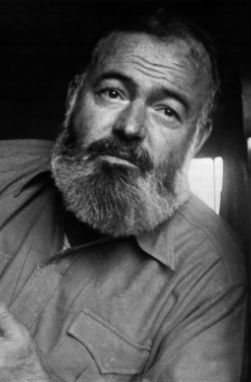
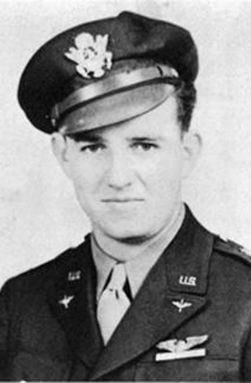

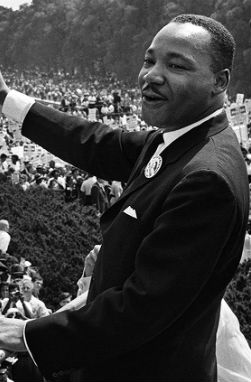






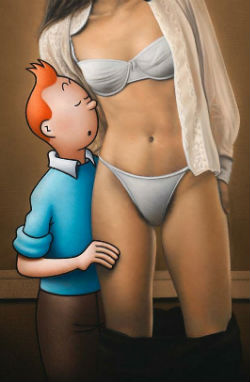

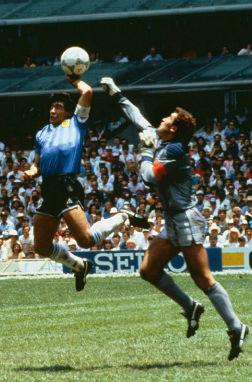



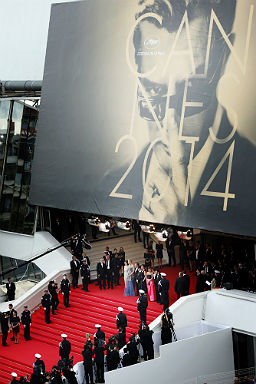
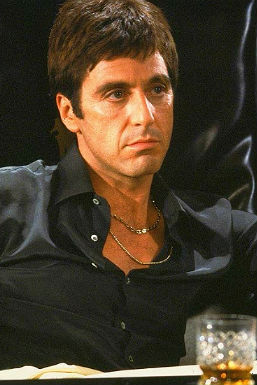











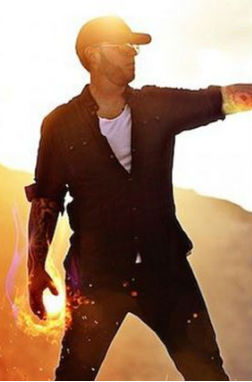


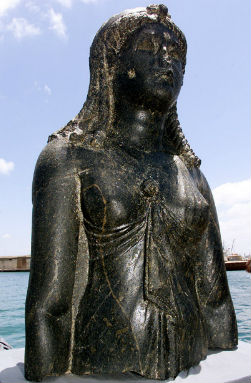




SHARES
Comments